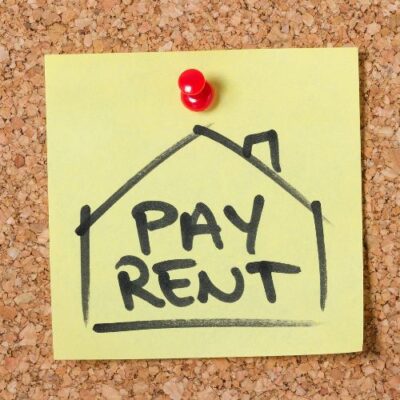When we recently discussed the Costa-Hawkins Act of 1995 in this blog, we noted the act was created to “manage the power of California cities to regulate individual rental markets.” The Act was intended to protect long-term tenants from skyrocketing rent price gouging by greedy landlords. While the Act helped covered many tenants, two exceptions were made:
– Single-family dwellings, condominiums and newly constructed apartment buildings (built after February 1, 1995 at the time of the act – now a rolling date) are exempt, with the intention of allowing developer/investors to recoup initial construction costs.
– Vacancy control allowed landlords to raise rents to current market value after a protected tenant moves out. Landlords must then follow different rules as defined by local jurisdictions.
Some San Francisco tenants are fortunate the City and County of San Francisco enacted rules to ensure eviction protections when unscrupulous landlords attempt to bend the rules.
“Big Corporate Landlord” Fights Back
Nearly 30 years after the inception of Costa-Hawkins, landlord opponents of the act remain doggedly focused on challenging the rules. They believe the local law is meddling and over-regulatory. That argument has now failed twice to prevail in court.
The San Francisco Apartment Association and the Realtors Association argued Costa-Hawkins protected properties should be fully exempt from rent control both in February 2019, (they lost) and yet again in January 2022 with the California Court of Appeal (they lost again).
Why did the decisions go against them? Because the court deemed some landlords may attempt to evade eviction protection laws by raising rents far beyond market norms, which is a form of harassment.
Did Your Rent Double or Triple Recently?
Wildly inflated rent increases might be delivered “in bad faith.” That means a landlord is trying to increase your rent so exorbitantly you will give up and vacate. They will insist they are exempt from rent controls. Avoid falling for this without consulting legal counsel.
For example, your monthly rent of $3,500 for a 2-bedroom apartment in a 5-year-old building is suddenly increased to $8,500 when the lease is renewed. Sounds high, doesn’t it? This is “just an eviction by another name,” notes City Attorney David Chiu.
Speaking after the January 24, 2022 tenant victory, Chiu stated: “We cannot allow unscrupulous landlords to circumvent our local laws and unlawfully evict tenants. I am pleased the Court agreed and recognized the value of these common-sense regulations.”
The “6-Month and Out” Eviction Attempt+
When the court upheld the rights of tenants to reject exorbitant rent increases, they also addressed retaliatory rent increases. If you were served an eviction notice while living in a “protected property” and you fought it and won, but were then advised of a big rent increase within 6 months, you may have a case for unlawful eviction.
Single-Family Home Rent Control
California Assemblyman Adrin Nazarian (D-North Hollywood) introduced Assembly Bill 1791 on April 21, 2022. The bill attempts to establish local rent controls on certain corporate owned single-family homes by removing the 15-year landlord “grace period” for newly constructed homes. Nazarian is targeting Real Estate Investment Trusts (REIT).
A REIT answers to shareholders who invest to diversify their portfolios with this form of mutual funds. Investors reap the rewards of common ownership of homes and apartments without the headaches of becoming a landlord. If AB 1791 passes, single-family homes will immediately be accountable to local rent increase restrictions.
Always Question Big Rent Increases
Rent increases happen. Stay alert to local ordinances that protect tenants. Avoid becoming a victim of a sudden dramatic rent increase – the landlord may simply be trying to make you leave. Contact a tenant law attorney as soon as possible.


 (415) 533-0735
(415) 533-0735 (415) 843-0496
(415) 843-0496